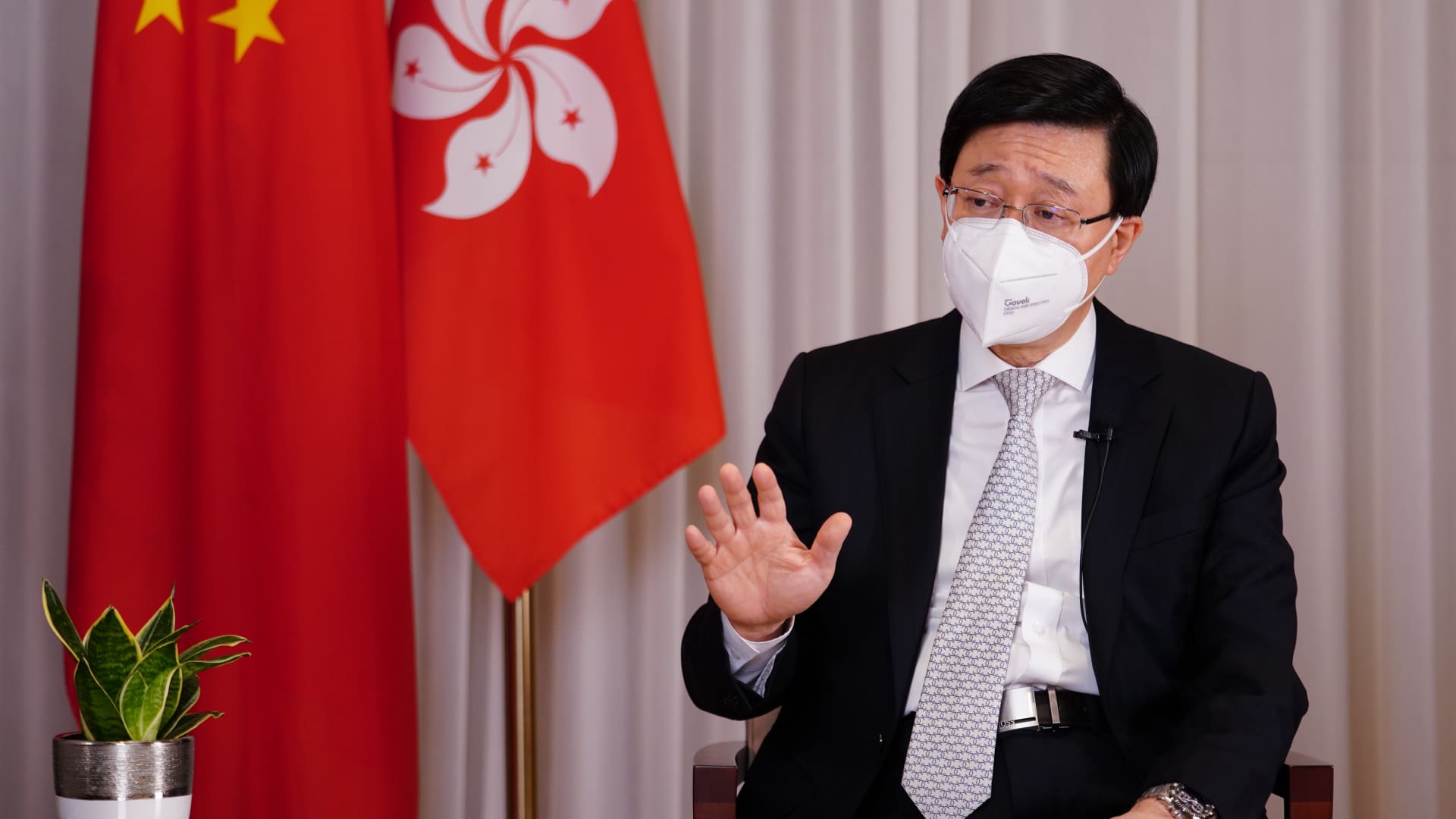Hong Kong is reducing the amount of time travelers will need to serve hotel quarantine, from seven days down to three starting Friday.
“The seven-day quarantine hotel arrangement will be changed to three days in a quarantine hotel, plus four days of home medical surveillance,” Chief Executive John Lee said at a press conference Monday.
After completing the hotel quarantine, travelers can stay at home or in a hotel for the four days of surveillance. During this period people will be able to leave their place of residence, but cannot enter “places where there is active checking of vaccine passes,” Lee said in Cantonese.
That includes bars, pubs, gyms and beauty parlors. People are also not allowed to visit nursing homes, schools and specified medical premises during the surveillance period.
“They cannot participate in any activities where masks are to be taken off,” Lee added. If they test negative on a rapid antigen test, they can take public transportation, go to work and enter shopping malls, he said.
“We have to strike a balance between risk level as well as our economic activity. Where risks could be controlled, we want to preserve maximum movement of people and to maintain Hong Kong’s competitiveness,” Lee said.
Hong Kong imposed strict border controls to stem the spread of Covid. But thousands left the Chinese city as restrictive measures weighed on residents while most of the rest of the world opened up.
Shares of airline Cathay Pacific in Hong Kong jumped 2.13% following the announcement.
This is a developing story. Please check back for updates.
